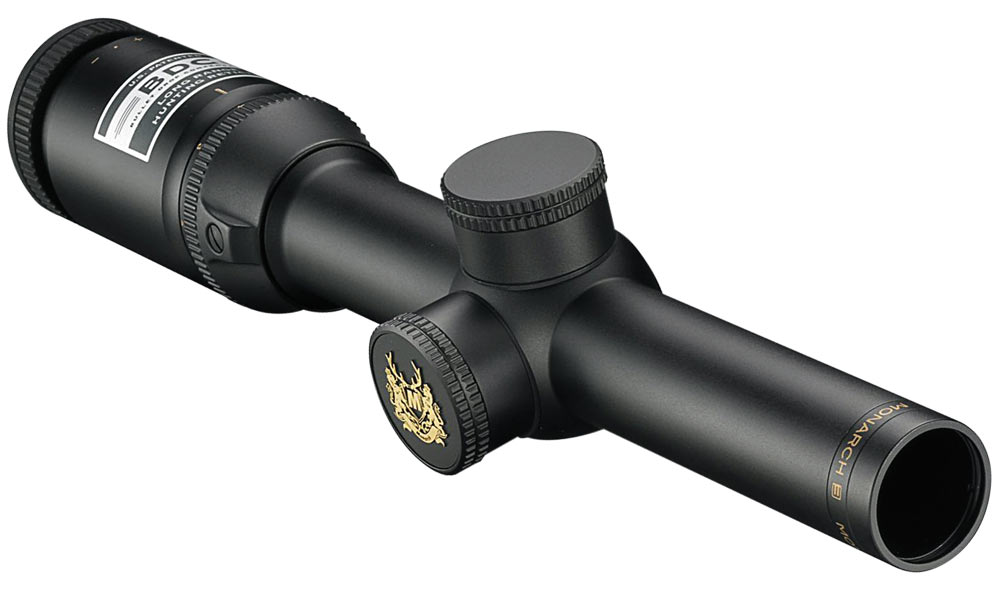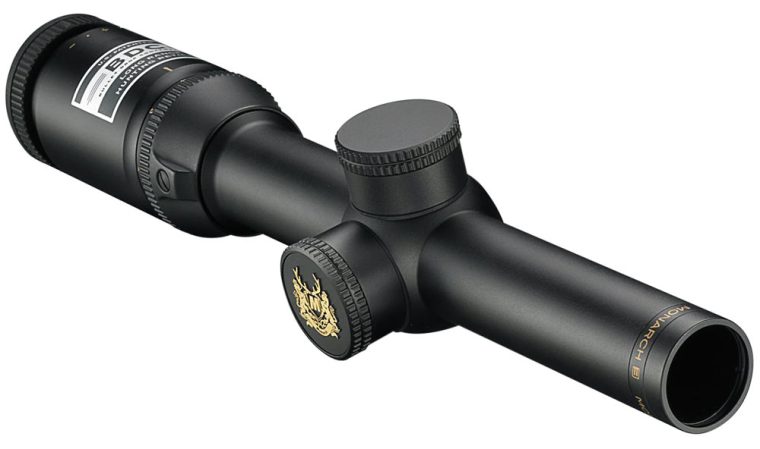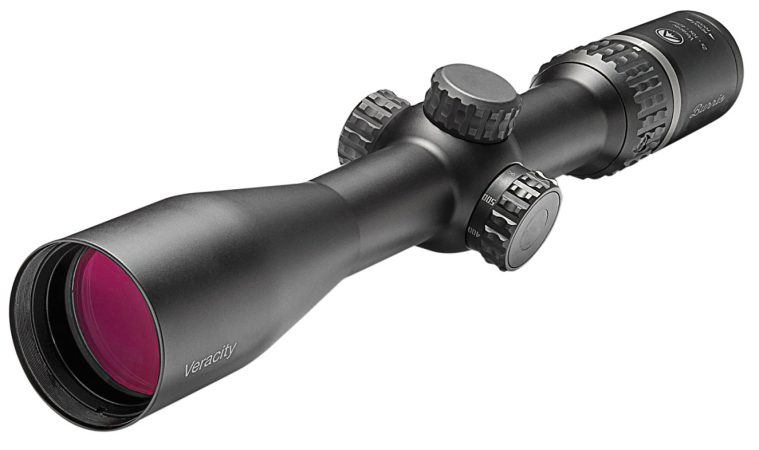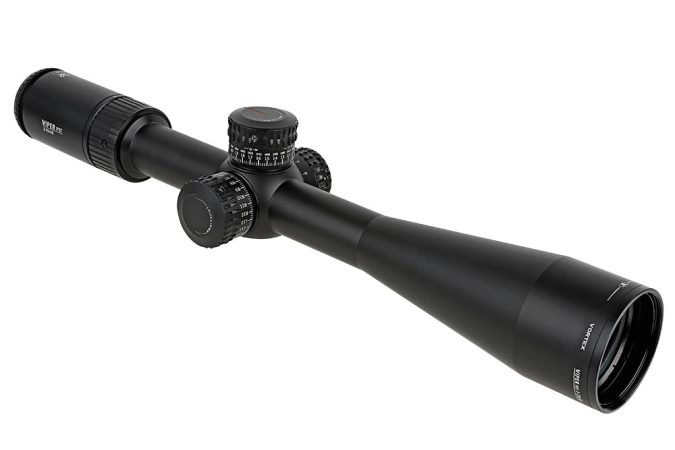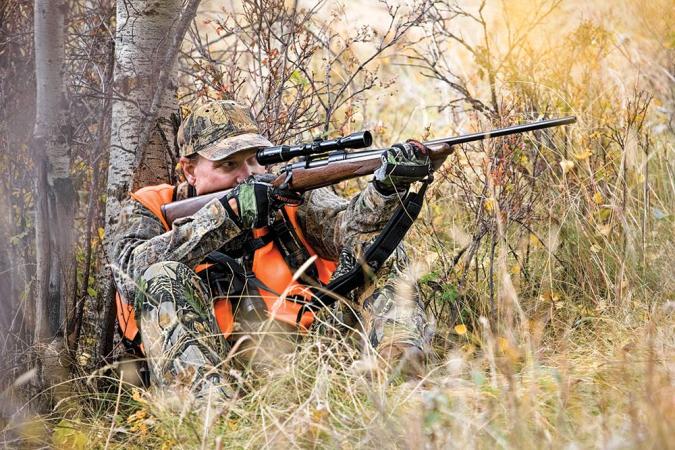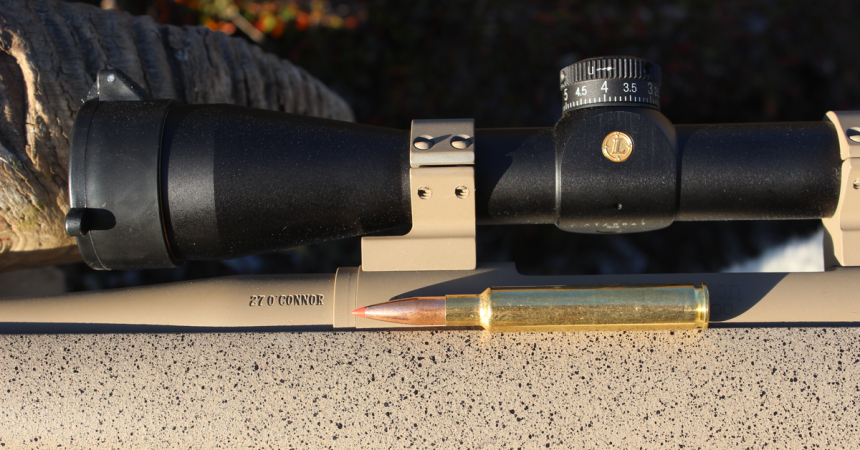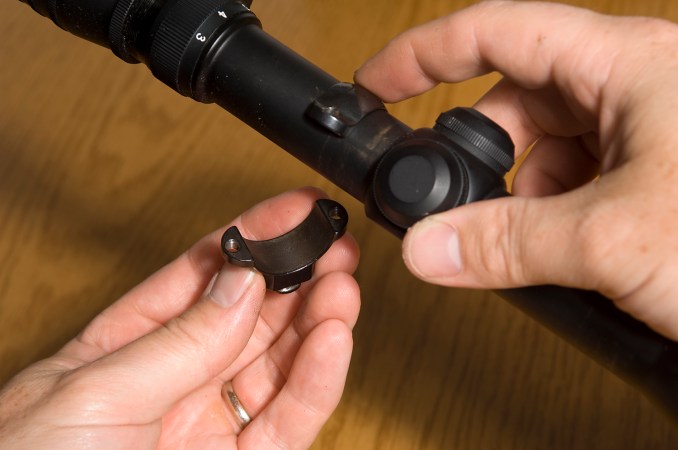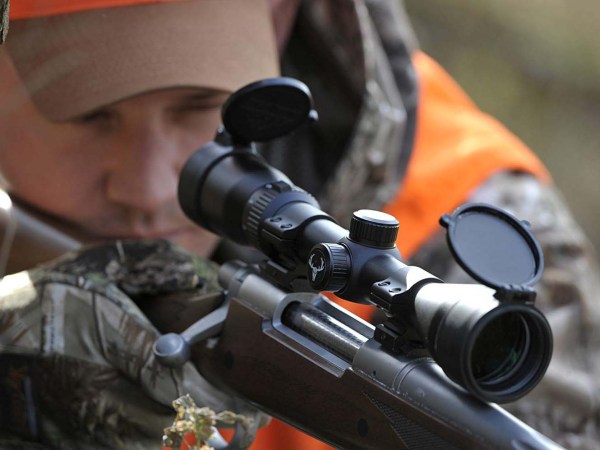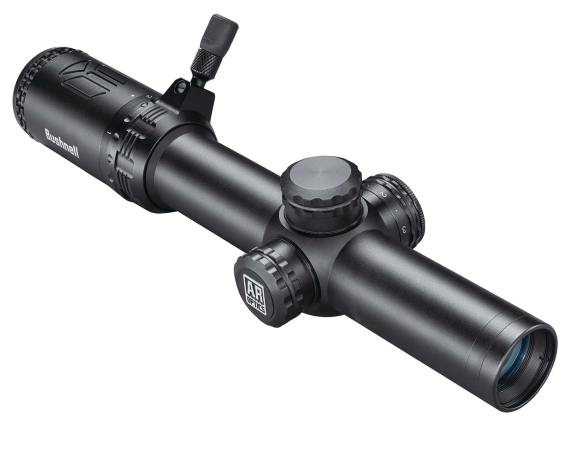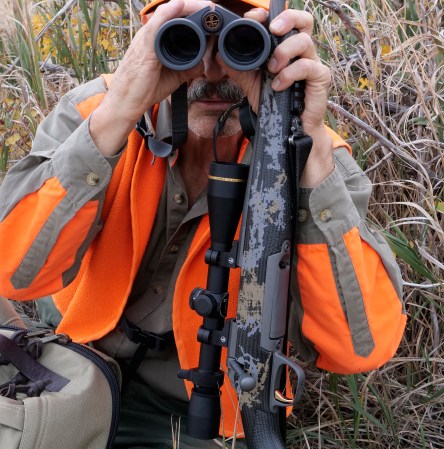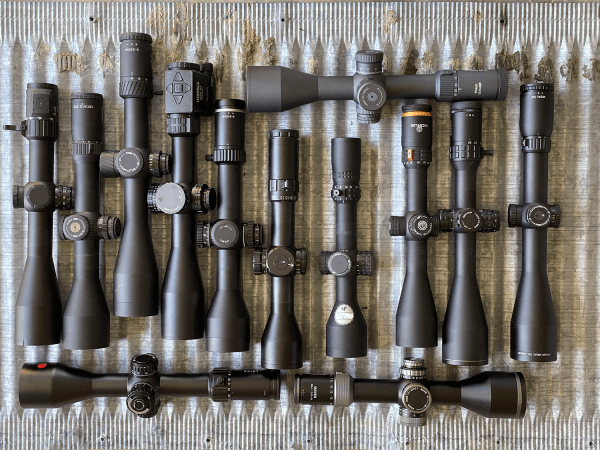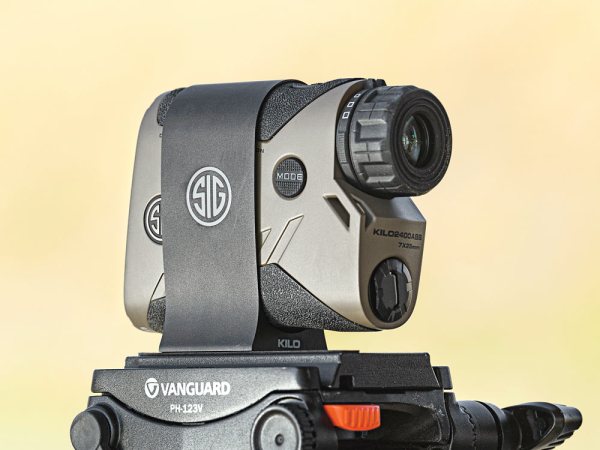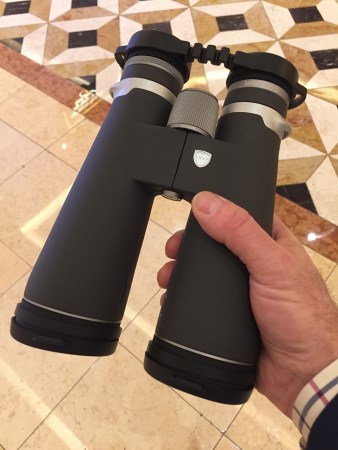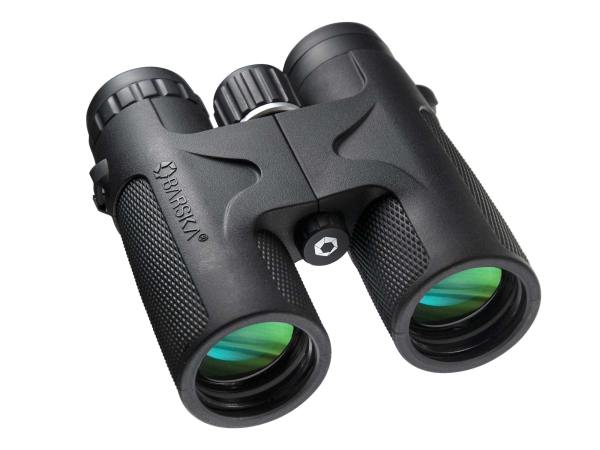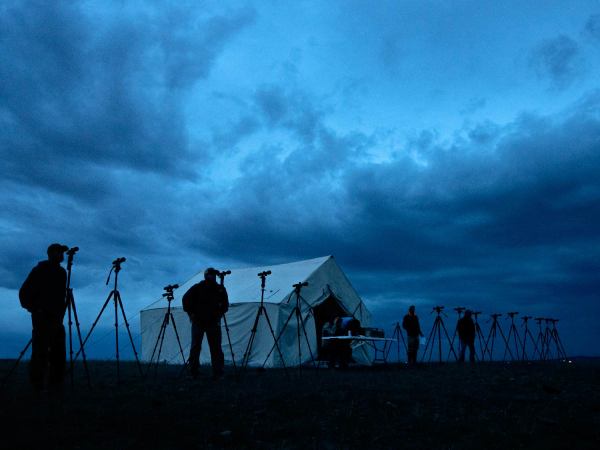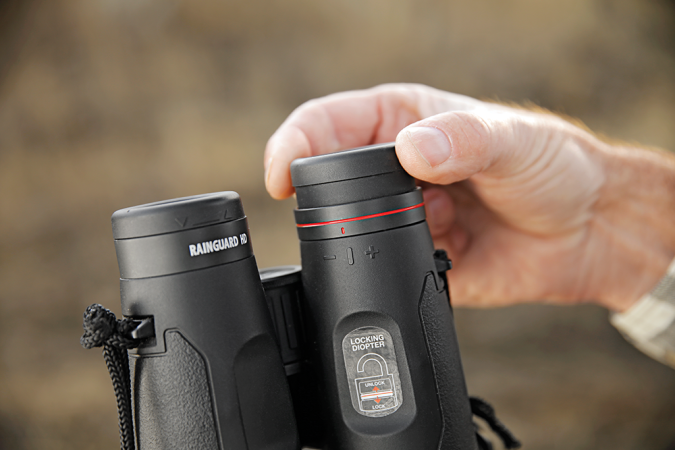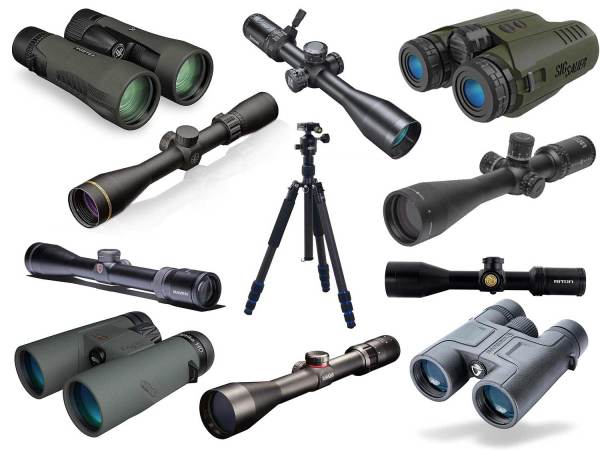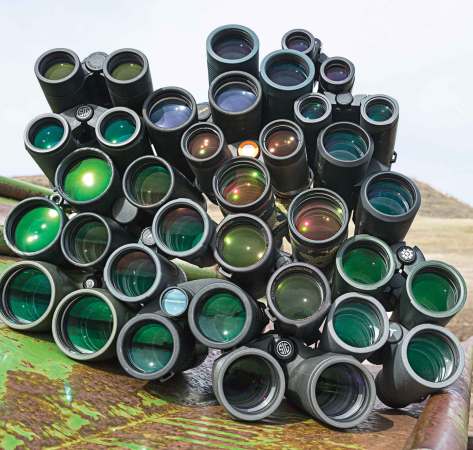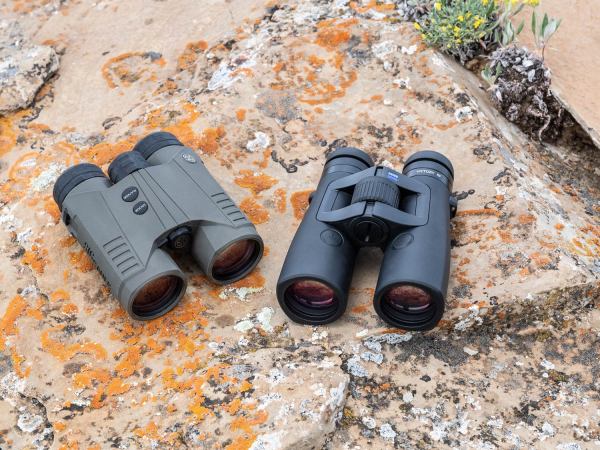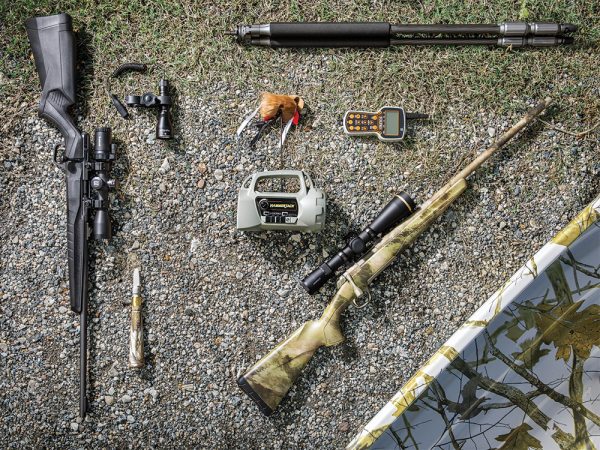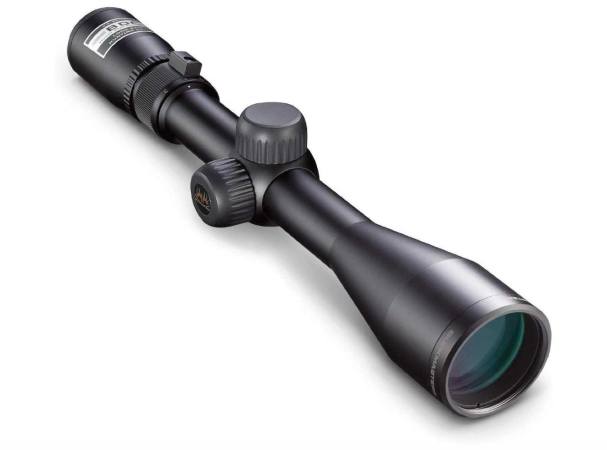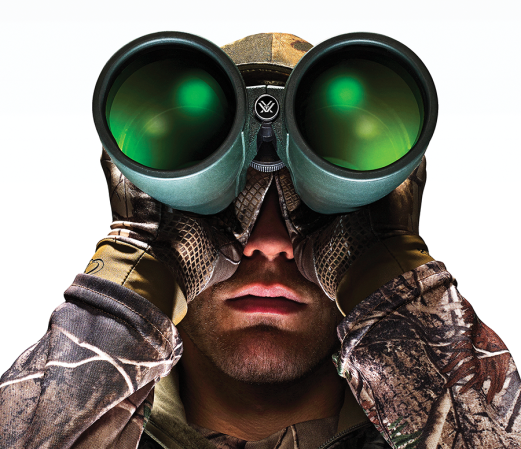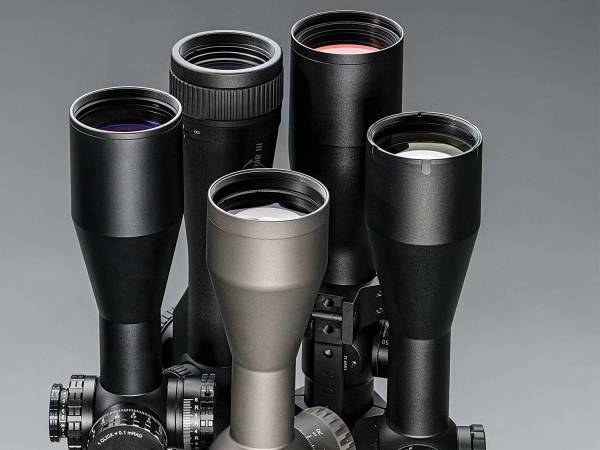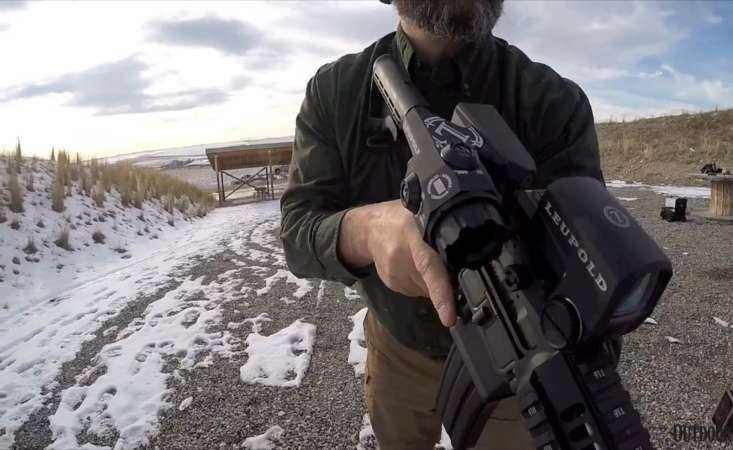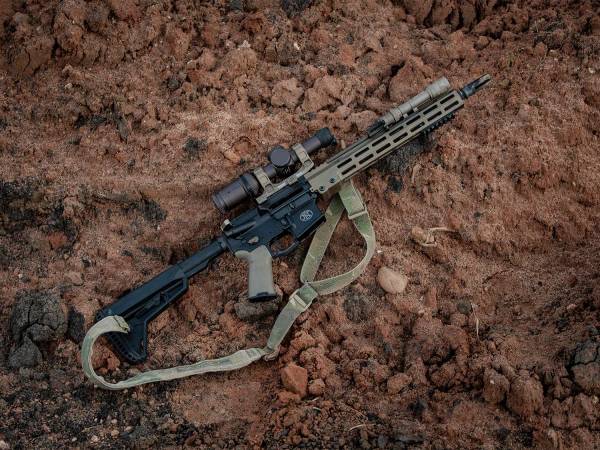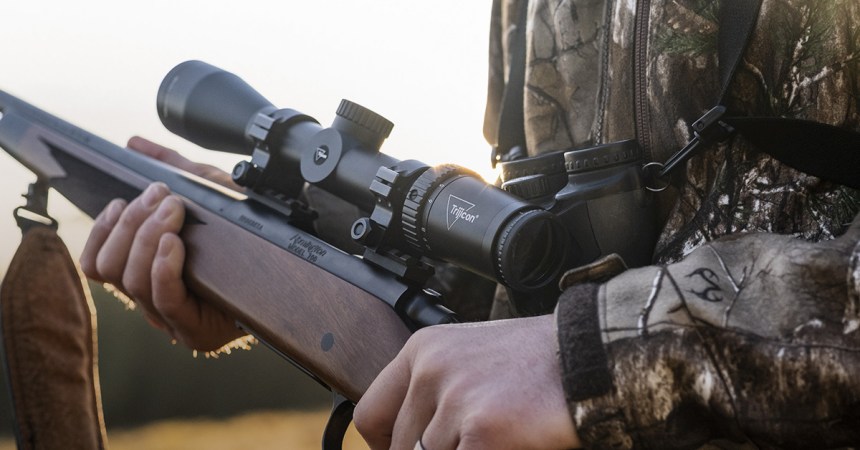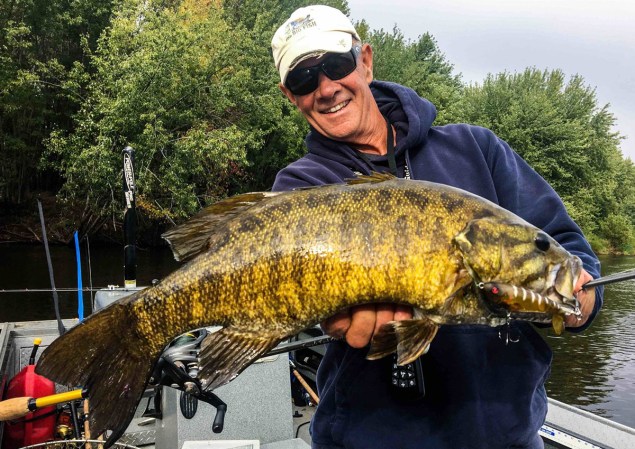We may earn revenue from the products available on this page and participate in affiliate programs. Learn More ›
Riflescopes can be divided into three basic categories, which cover virtually every hunting and shooting situation on earth. Low-magnification scopes are more versatile than most hunters imagine. Mid-range scopes are what sportsmen traditionally gravitate toward when pursuing big game. And high-mag precision scopes have gained in popularity for long-range shots. Match a scope to the appropriate rifle, learn all the controls and dials, train extensively, and you’ll be ready to hunt everything, every time.
Power Range: 1x to 6x
Hunters who anticipate encountering large animals at close range, sometimes charging, need a scope with a wide field of view. This prevents the dreaded “nothing but hair” sight picture. Common magnifications run from 1X (no magnification) to 6X, usually in variable-power scopes. A fixed 2X is arguably sufficient, but the option of cranking up to 6X helps with precision shots at longer ranges. Objective lenses on these dangerous-game scopes rarely flare wide because at these low magnifications, they don’t have to. At 4X, for instance, a small, 20mm objective produces a 5mm exit pupil (EP). At 2X, this becomes a 10mm EP. The human pupil only expands to about 7mm. In daylight, it shrinks to as small as 2.5mm. A 5mm scope EP combined with fully multi-coated lenses is more than bright enough, even for a charging black buffalo in the woods. An illuminated reticle is a smart option, the red instantly directing your eye to the sticking spot.
Power Range: 2x to 14x
The old, boring 3–9X can handle everything from the smallest African antelope to the biggest deer and bears. You could expand this to 2–12X or a 3–18X. There aren’t many animals you can’t fit into a 4X field of view at 25 yards, and there aren’t many you need to magnify more than 14 times. At 300 yards, a deer through a 10X scope appears to be 30 yards away—big enough for open sights. Objective lenses at 40mm at 10X yield an exit pupil of 4mm, big enough for full, effective brightness a half hour after sundown, and useable brightness 45 minutes after. Multiple layers of anti-reflection coatings on all lenses maximize light transmission, negating the need for a huge objective. These scopes tend to be small and light, maintaining good rifle balance and handling characteristics. That pays dividends during miles and miles of hunting interrupted by seconds of fast action. Variable scopes in these ranges cover most hunting chores.
Read Next: The Best Scopes of 2017
Power Range: 5x to 30x
Long-range shooters can effectively use the massive sniper scopes that are all the rage. Ballistic reticles, target turrets, parallax adjustment dials, extreme zoom ranges, and bucket-sized objectives combine to place bullets on small targets at extreme ranges. Don’t skimp on these precision instruments. The higher the magnification, the more visible any optical flaws. Dials, turrets, screws, lenses, erector tubes, and return springs must be perfect and durable enough to stay that way, shot after shot. Ballistic reticles in the first-focal plane are the easiest to use quickly since they are consistent at any power setting. Turrets should snap crisply so you not only hear but feel each adjustment. Locking turrets prevent accidental “adjustments.” Custom turrets with bold numbers correlating to the exact drops of your load simplify dialing. Big objectives gobble up the light you’ll need at 15X and up.
